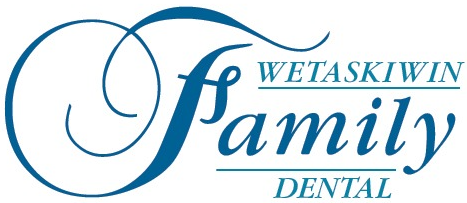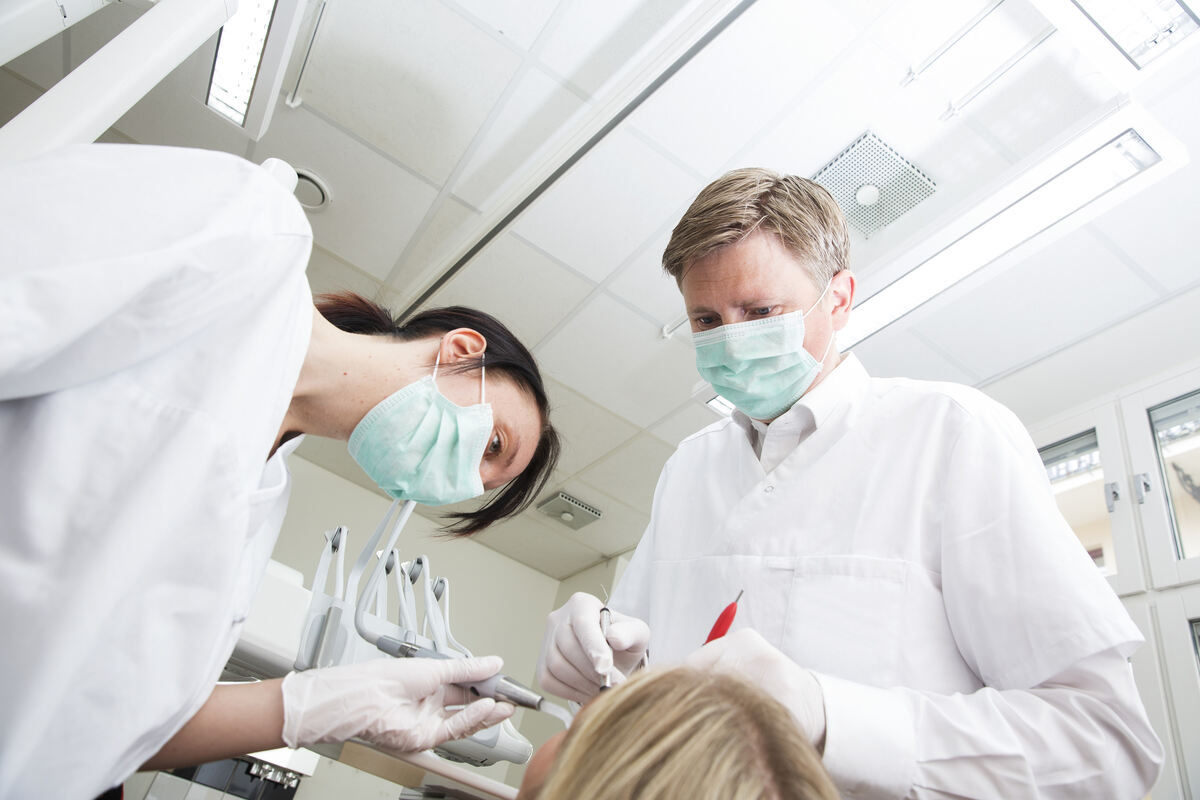Invading wisdom teeth typically try to erupt between the ages of 17 and 21. When they reach that age, if any of the following has occurred, then their dentist may recommend wisdom tooth extraction: misaligned, a crowded smile, partially erupted teeth, the tooth’s ruptured at an awkward angle, or there’s a cyst or infection.
Unfortunately, a lot of people put off getting their wisdom teeth removed. But keep in mind that, as you age, the roots of your wisdom teeth lengthen and get harder in the jaw. This makes the extraction more challenging and could prolong the healing process. Therefore, having your tooth extraction near you before turning 25 is often advised.
Recovery Tips for After Tooth Extraction
Tooth extraction can be a painful treatment, especially after it is done. However, you can ensure that you get relief by following some tips from your dentist in Wetaskiwin or by taking note of the following advice. By doing so, you can improve your chances of having a speedy and painless recovery.
- Control bleeding: Some bleeding is normal after having your wisdom teeth removed. Bite down firmly on some gauze to manage it, but don’t move your teeth around; keep it still. Until the bleeding stops, periodically replace the gauze.
- Breathe easily: After having your wisdom teeth removed, you could feel a little tired or achy. Be aware of your body. For the first few days, take as much rest as you need and refrain from intense activity and exercise to prevent dislodging the blood clot or tearing your stitches. Take a few days off to allow the bleeding to cease and the extraction site to start healing.
- Relieve swelling: Following oral surgery, swelling at the extraction site is typical and often lasts a few days. Apply an ice pack to the side of your face for 10 to 20 minutes at a time to reduce swelling. Even before the bump comes back, you can start doing this.
- Consume soft food: We advise sticking to soft foods and liquids for the first 24 to 48 hours. Examples of soft foods include yogurt, applesauce, cottage cheese, thin soup, mashed potatoes, pudding, and smoothies. You can start eating solid foods with a little more texture that isn’t too tough or harsh after 48 hours.
- Avoid smoking: Smoking can lead to serious complications following tooth extractions in Wetaskiwin. Inhaling cigarette smoke might disturb necessary blood clotting at the extraction site, which can delay recovery. Instructing patients to stop smoking.
- Keep pain at bay: It may hurt a few days after oral surgery. When and how to take prescription or over-the-counter drugs will be covered by your surgeon.
- Maintain a clean mouth: After having your wisdom teeth removed, wait a few days before brushing or flossing the area around the extraction site. To decrease swelling and the chance of infection, rinse your mouth five to six times each day with warm salt water.
Consequences Wisdom Tooth Extraction Can Cause
There is a potential that the surgical site will contract an infection or experience some nerve damage. You run a higher risk of developing a condition known as a dry socket when a blood clot ruptures. You could develop a dry socket in one or all of the extraction holes.
If you suffer any of the following signs, get treatment right away by your dentist near you:
- The pain is not reduced by medication.
- Over time, the swelling gets worse.
- Breathing or swallowing issues
- Numbness
- Fever
- Blood or pus at the site of a cut or nasal drip
- Beeding that persists despite the application of gauze and pressure.
Ready to Book a Session?
Debilitating pain and other disorders can result from tooth and gum issues. There is no need to endure uncomfortable wisdom teeth or other conditions. Do you have any further worries regarding how your wisdom teeth will heal after removal? Call us at Wetaskiwin Family Dental and book your appointment right away.

